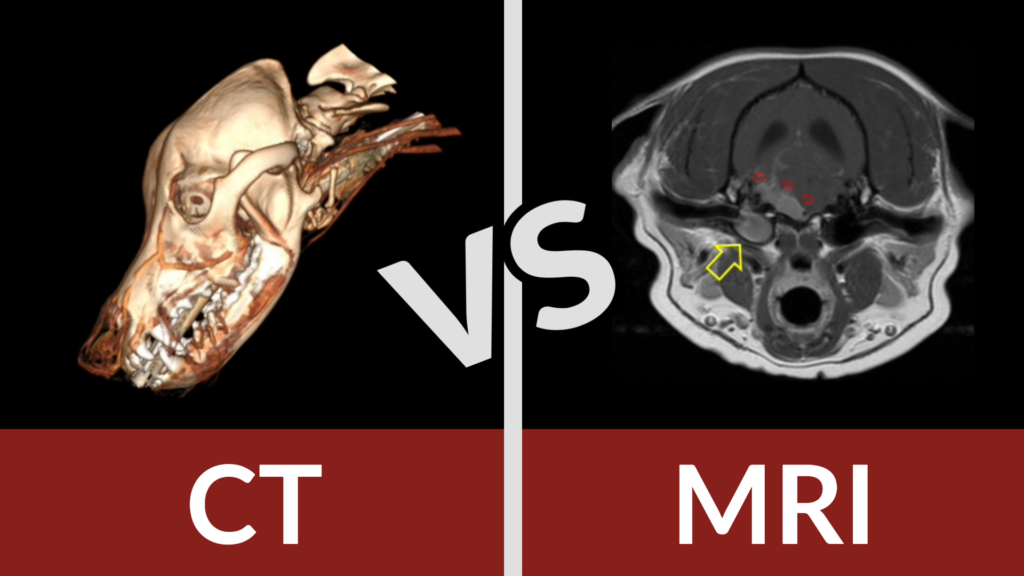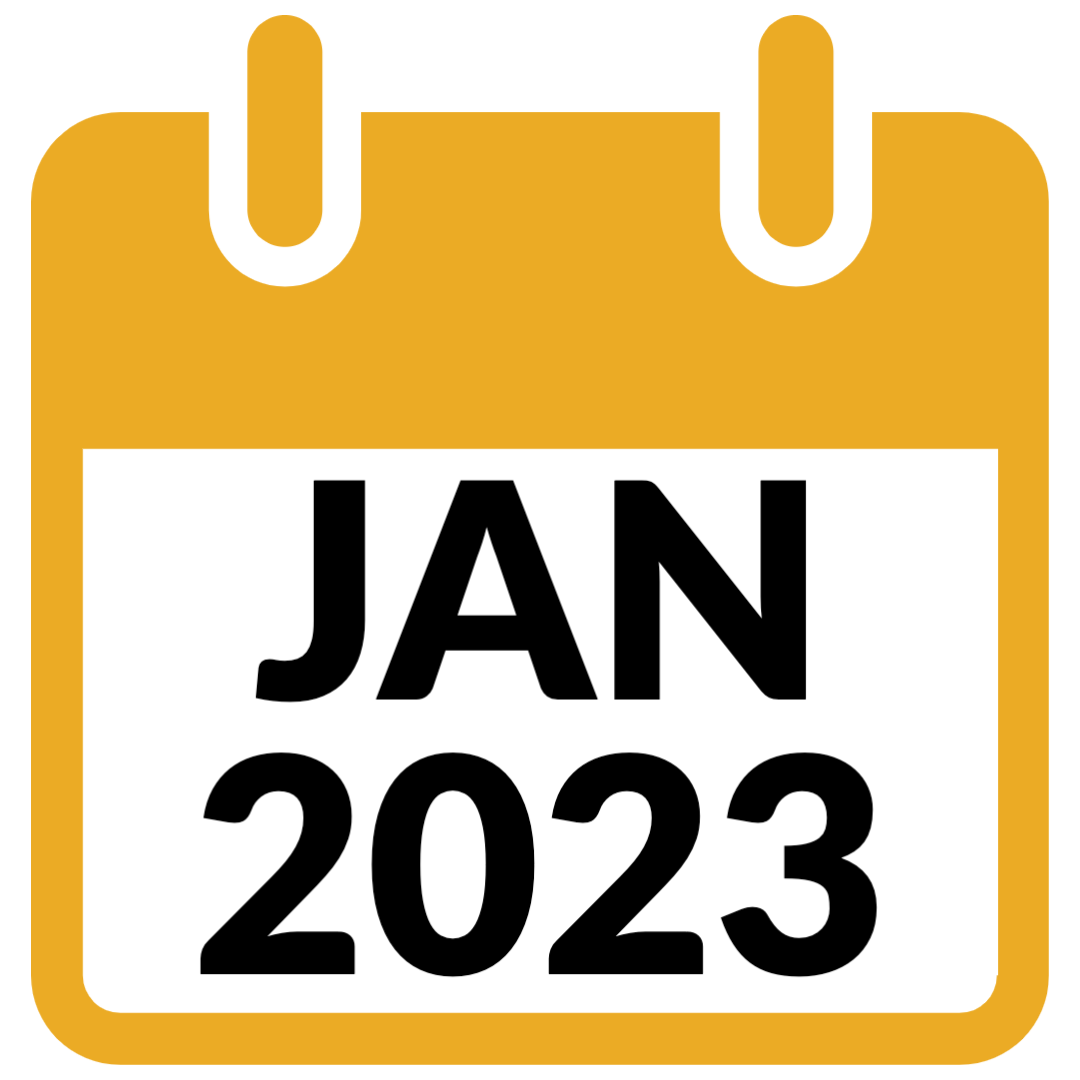COVID-19 vaccines and vaccinations
Updated January 6, 2021
The U.S. Food and Drug Administration (FDA) issued emergency use authorizations (EUA) for the first COVID-19 vaccines in December 2020. Vaccines authorized for emergency use by the agency are those that, based on large clinical trials, have met standards of efficacy and safety established for emergency use. Additional vaccines are in various stages of investigation.
FAQ: Vaccination against COVID-19
Vaccine access for veterinary personnel
The AVMA has advocated actively and successfully at the federal level for veterinary personnel to be considered a priority group for vaccination. Based on the U.S. Centers for Disease Control and Prevention’s (CDC) Vaccination Program Interim Playbook for Jurisdiction Operations (issued in September 2020, with updated recommendations from the Advisory Committee on Immunization Practices (ACIP) in December 2020) and the Cybersecurity and Infrastructure Security Agency’s (CISA) Guidance on the Essential Critical Infrastructure Workforce (updated in December 2020), it appears that many veterinary personnel could be accommodated in Phase 1-b of the CDC’s recommended three-phase plan. Given the large number of individuals identified as “essential critical infrastructure workers” by the CISA and limited vaccine availability, it’s possible that some jurisdictions may decide that veterinarians will be accommodated in Phase 1-c or Phase 2. Final decisions about access and rollout of COVID-19 vaccines are being made at the state and territorial level, so vaccine availability for veterinary personnel will vary based on location.
AVMA has been working diligently with state and local veterinary groups to monitor vaccine rollout plans and continue advocating for veterinary teams’ access. Several states have indicated they plan to include veterinary personnel in phase 1-b of their rollouts, but these plans remain in flux as more is learned about the quantity of vaccines available.
OTHER FACTORS PLAY A ROLE IN ACCESS
Veterinary professionals may qualify for even earlier vaccination if their personal situation puts them at higher risk. For example, people 75 or older and individuals with certain comorbidities associated with increased COVID-19 risk may be identified as earlier recipients than members of veterinary teams in some states or localities. When seeking vaccination, consult with your healthcare provider regarding your potential risk for contracting COVID-19 and any special considerations (e.g., allergies to vaccine components, pregnancy, lactation) regarding your receipt of the vaccine.
Preparing your team and practice
Vaccination is critical in the fight against COVID-19. As veterinary teams continue to provide needed healthcare services for our patients, it’s important for all team members to get vaccinated as early as possible. Vaccination is the best way for us to protect human health – of both team members and clients – as we continue to see patients and work within our communities. We not only protect ourselves by getting vaccinated; we protect those around us. And as trusted and respected professionals, we also set an example by getting vaccinated and telling others why we’re doing so.
Even before vaccination becomes widely available, veterinary practice owners and team members can begin laying the groundwork to encourage vaccine acceptance.
Building a defense against COVID-19 is a team effort, and every veterinary professional is a key member of the team. Getting the vaccine adds one more layer of protection – in addition to wearing masks, good hand hygiene, and social distancing – for us individually, for our practices, for our families, and for our communities.
Powered by you: Advocacy at the local level
As the CDC playbook notes, final decisions around vaccine access are made at the state and local levels, and vary by jurisdiction. That means there’s work to be done at all levels of government to help secure veterinary personnel’s earliest possible access to COVID-19 vaccines. The AVMA is working with state and local veterinary associations to support these efforts, and the voices of individual veterinarians and veterinary team members are needed. Veterinary professionals can work with their local and state veterinary associations to support prioritized access for veterinary team members.
The post COVID-19 vaccines and vaccinations appeared first on MDVMA.








